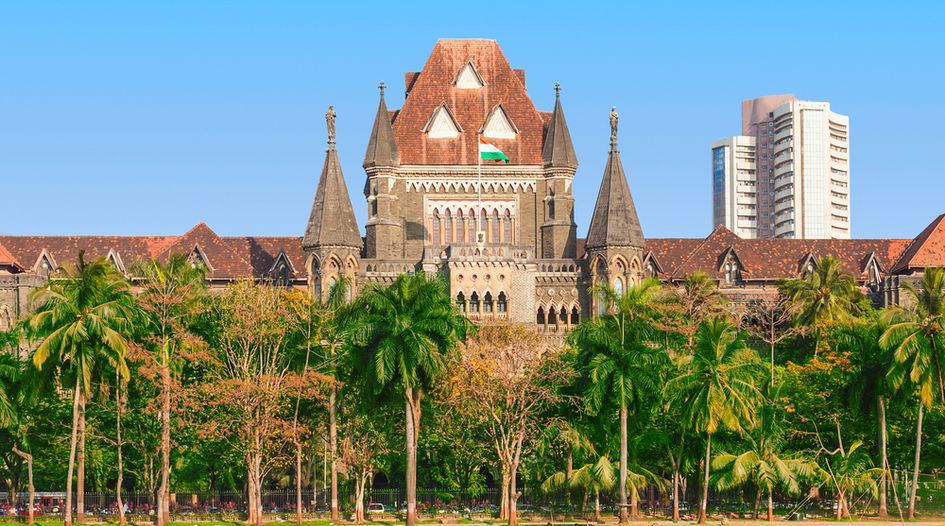Repeat showdowns between Swiggy and GoDaddy shed light on key aspects of intermediary liability

Domain name registrar GoDaddy has emerged victorious in the latest of a series of suits between it and Swiggy, a popular online food ordering and delivery platform, with the High Court of Bombay’s latest decision shedding invaluable light on the issue of intermediary liability for trademark infringement.
Background and initial suit
Swiggy (officially, Bundl Technologies Private Ltd) filed suit against GoDaddy when it discovered that one of the defendants financially duped individuals by claiming to be employed by Swiggy and offering them a place on the Swiggy Instamart Platform. After receiving communications from the victims, Swiggy made further inquiries, discovering that the defendants were using the infringing domain names ‘btpl.info’ and ‘swiggyinstamart.co.in’ to pose as the food ordering/delivery company. Consequently, Swiggy filed suit and pressed for the grant of ex-parte ad-interim reliefs. It further requested that the court direct GoDaddy to suspend the domain names and not register any domain containing ’Swiggy’ without its prior authorisation.
The first round of the dispute between the two companies was decided in Swiggy’s favour. In its ad-interim order, the court agreed to the plaintiff’s request and directed GoDaddy to suspend the infringing domain names and not register any domain name containing Swiggy’s marks without prior authorisation.
GoDaddy seeks modifications from the court
In the second showdown, GoDaddy approached the High Court of Bombay seeking modification and part recall of the order in regard to its second direction. On the issue of technology, the company argued that the automated nature of registering a domain name makes it impossible to comply with the ad-interim order mandating Swiggy’s prior authorisation. GoDaddy further alleged that it is beyond their capacity to implement said order. On the issue of law, GoDaddy submitted that a dynamic injunction cannot be granted in the matter, considering the requirements of Indian trademark law.
In its defence, Swiggy relied on submissions made by GoDaddy in a case before the Delhi High Court (Snapdeal Private Limited v GoDaddy.com LLC), in which GoDaddy had submitted that “subject to technical, financial and resourcing issues, the said Defendant could potentially prevent a user from registering names with the exact word, in respect of which the Plaintiff holds a registered trademark”.
Swiggy argued that GoDaddy sought only a recall of the order to protect profits, as the prospective registrant can go to other domain name registrars if GoDaddy refuses to register the infringing domain names. Hence, it submitted that GoDaddy cannot blow hot and cold.
Swiggy submitted that the ad-interim relief was correctly granted – as the registered proprietor of the trademark, it was entitled to exercise its rights to prevent infringement by the domain names of other entities. The company also argued that such directions were known and that the Delhi High Court has passed similar orders.
The second showdown was also decided in the Swiggy’s favour, as the court held that the stand taken by GoDaddy was contrary to is position in an affidavit before the Delhi High Court. Hence, GoDaddy did have the technical resources to enforce the order. Legally, the court also observed that the plaintiff must claim relief in the context of specific infringements by individuals against whom orders can be passed.
Additionally, the court modified the previous order. It held that it would not be appropriate to continue the ad-interim order as it would amount to granting an omnibus and global temporary injunction, operating in futuro. Given the large, negative impact of the specific infringement, the court directed GoDaddy to inform the plaintiff each time that it registered a domain name containing the SWIGGY trademark.
GoDaddy’s successful appeal
The latest showdown began when GoDaddy filed an appeal with the Division Bench of the Bombay High Court against the updated order.
The company contended that, although there are more than 2,500 registrars globally through whom such registration can also be made, the onus to inform Swiggy of potentially infringing domain names falls squarely on GoDaddy.
They also contended that the order goes beyond what Swiggy sought in its initial suit and noted that GoDaddy would comply with the previous order and identify the court and the food ordering/delivery company of any potentially unscrupulous domain names before registering.
With these arguments in mind, the Division Bench provided relief to GoDaddy. It imposed an interim stay on the single judge’s order that the internet domain registrar must inform Swiggy whenever a domain name containing its trademark is registered. As such, GoDaddy finally emerged victorious in the latest showdown.
With the Digital India Act soon to enter into force, this and similar disputes may benefit from added clarity on pivotal issues involving intermediary liabilities.
This is an Insight article, written by a selected partner as part of WTR's co-published content. Read more on Insight
Copyright © Law Business ResearchCompany Number: 03281866 VAT: GB 160 7529 10

